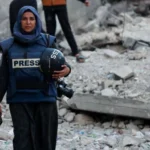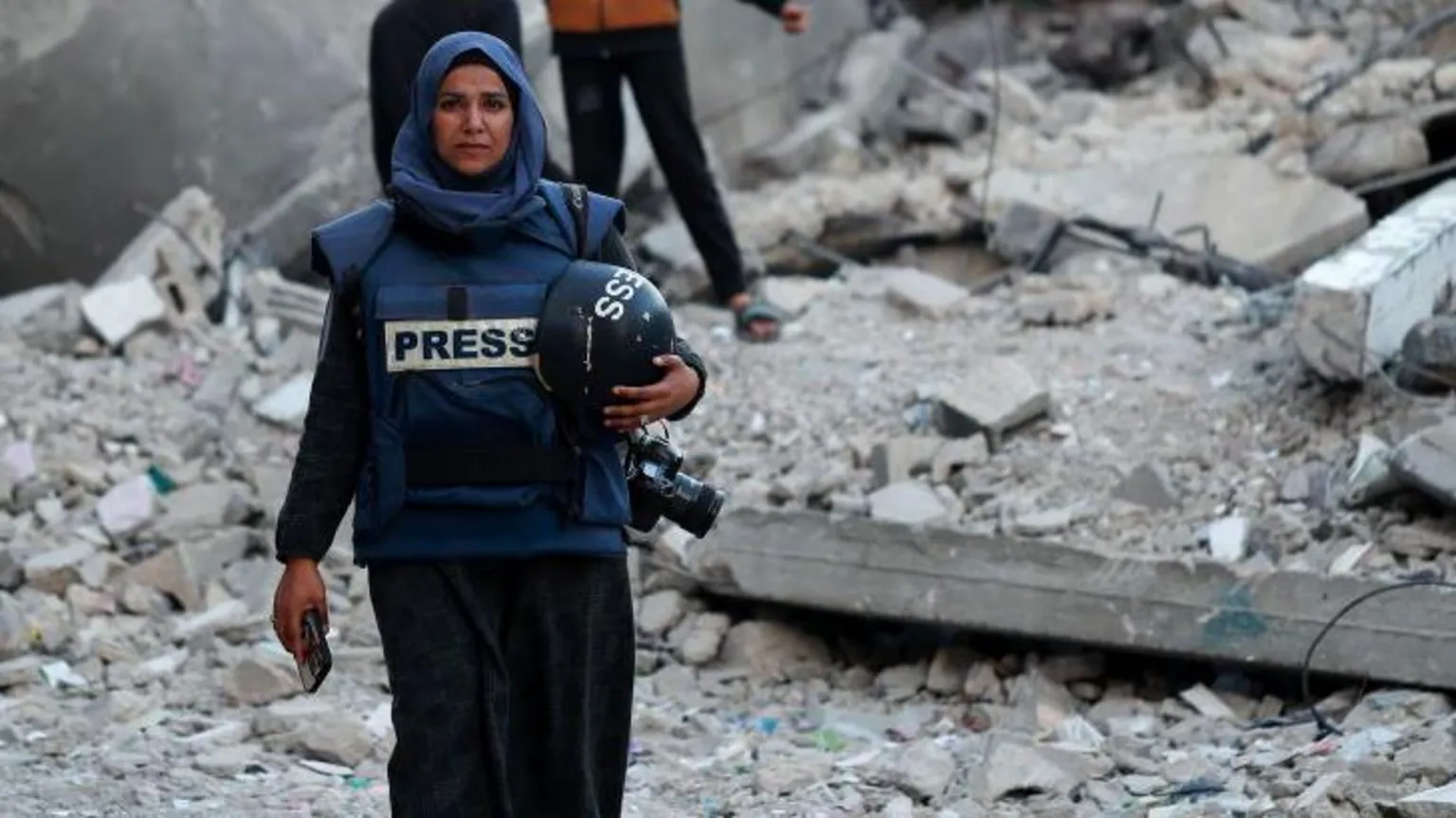11 August, 2023
On 17 August 2021, two days after the fall of Kabul, the Taliban held a press conference promising amnesty for former government officials, respect for women’s rights, and freedom of the press. Nearly two years later, it is clear that the Taliban has upheld none of these promises, instead conducting a violent campaign of repression. Since the takeover, the Taliban has targeted former government and security officials, carried out collective punishments in areas where anti-Taliban groups have emerged, and imposed ultraconservative societal restrictions – especially on women and journalists – aimed at maintaining control. ACLED records over 1,000 incidents of violence targeting civilians by the Taliban between the fall of Kabul on 15 August 2021 and 30 June 2023, accounting for 62% of all attacks on civilians in the country. This places the Taliban regime in Afghanistan among the world’s top government or de facto state perpetrators of violence targeting civilians domestically since August 2021, behind only the military junta in Myanmar.
As Taliban rule reaches the two-year mark, this report examines patterns of violence targeting civilians under the regime, with particular attention to the top four most targeted groups: former government and security officials, prisoners, women, and journalists. Taken together, the Taliban’s retaliatory attacks, use of collective punishment, and broad crackdown on women and the press reveal the scale and severity of repression ongoing in Afghanistan.



